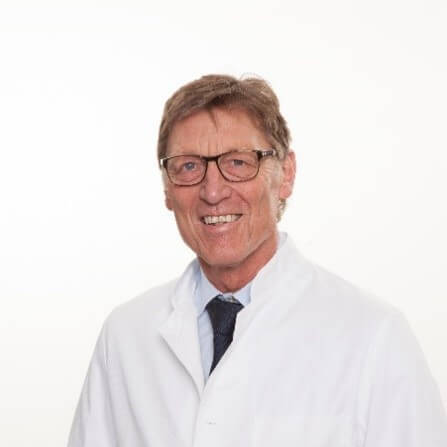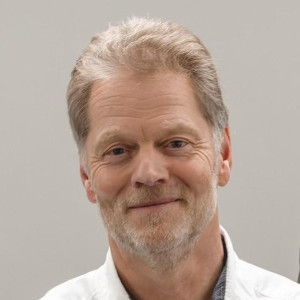Next to cardiovascular diseases, pulmonary diseases rank second with respect to morbidity, mortality and economic burden worldwide. WHO statistics show that four out of the top ten deadly diseases refer to the lung. Notably, the incidence of most lung diseases is currently still rising, in contrast to most other diseases of civilization. This is largely due to the fact that environmental components play an important role in many lung diseases, with smoking habits, air pollution, indoor environmental threats and pulmonary infections including those caused by multi-resistant and newly emerging pathogens representing the most relevant factors. Both the airways and/or the parenchymal/vascular lung compartment of the lung may be primarily affected. Most prominent diseases of the first category are asthma and chronic obstructive bronchitis, whereas emphysema, pneumonia/acute lung injury and the various entities of lung fibrosis and pulmonary hypertension represent leading abnormalities of the second category. Chronic injurious and inflammatory events in the lung give rise to the appearance of lung cancer, meanwhile the leading cause of cancer death worldwide.
For all these widespread pulmonary diseases and a plethora of rare bronchopulmonary affections, current therapies provide alleviation, but no cure. Thus, society is in great need of novel therapies targeting the lung, whether provided by inhalative route or orally/systemically. The Institute for Lung Health (ILH) is a joint institute of the Federal Government and the State of Hesse, embedded in the German Center for Lung Research (DZL), located at the Biomedical Research Campus of the Justus-Liebig University Giessen (JLU), and closely interlinked with the UGMLC (Universities of Giessen and Marburg Lung Center). The coordinating site of the DZL and further major lung research consortia, together constituting the unique Giessen Lung Research Hub.
The ILH has a particular focus on the biological mechanisms which establish and maintain the normal architecture and function of parenchymal/vascular compartment of the lung. Thereof derived fundamental principles of healthy lung homeostasis are exploited for novel strategies to prevent lung injury and disease development and to regain physiological lung structure and function lost under disease conditions, with a strong translational mission. The prime focus of this institute thus encompasses lung resilience, remodeling, repair and regeneration. To this end, it joins forces with the basic science, technological, disease modeling, drug developmental translational and clinical competencies of the UGMLC/DZL, the Excellence Cluster Cardio-Pulmonary Institute (CPI) and further major research consortia constituting the Giessen Lung Research Hub.


